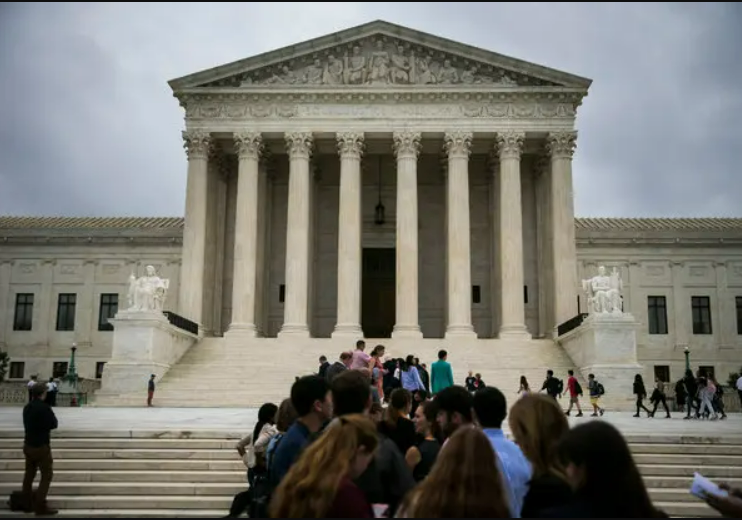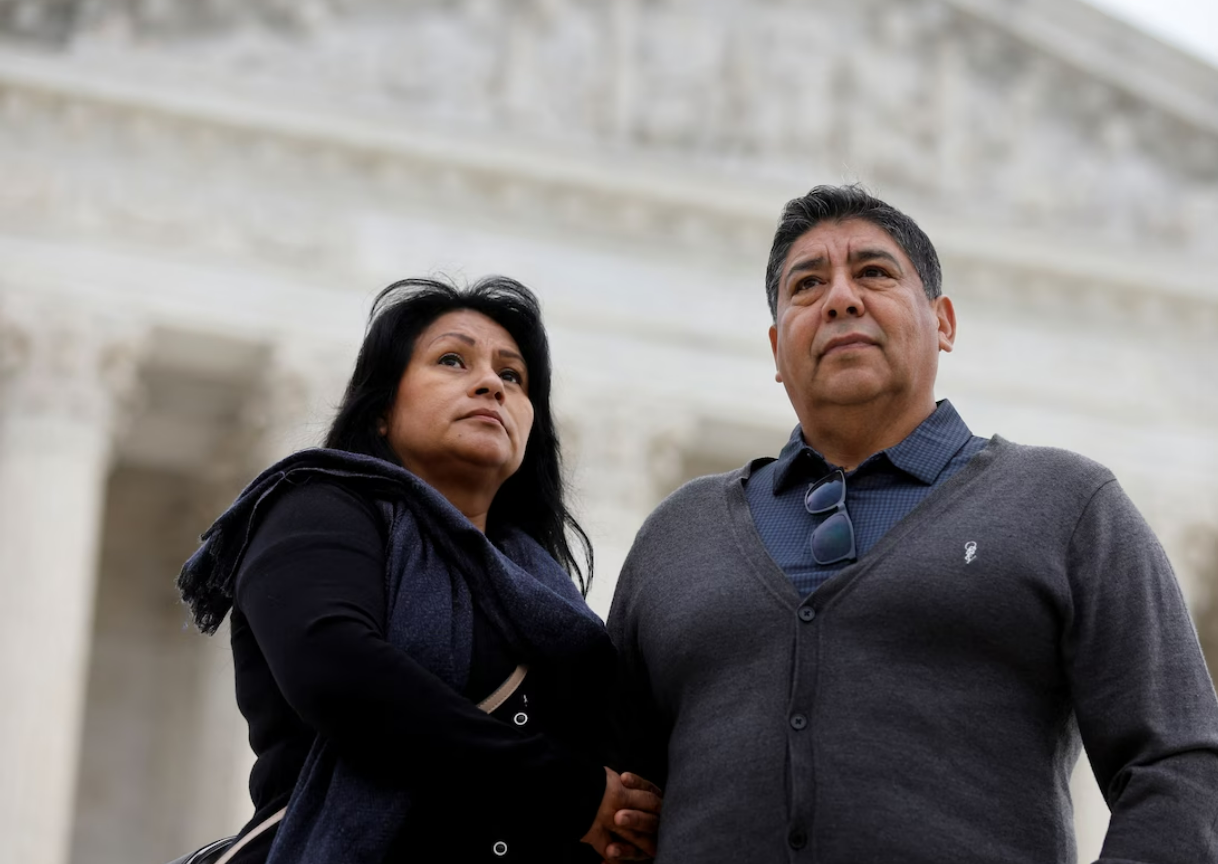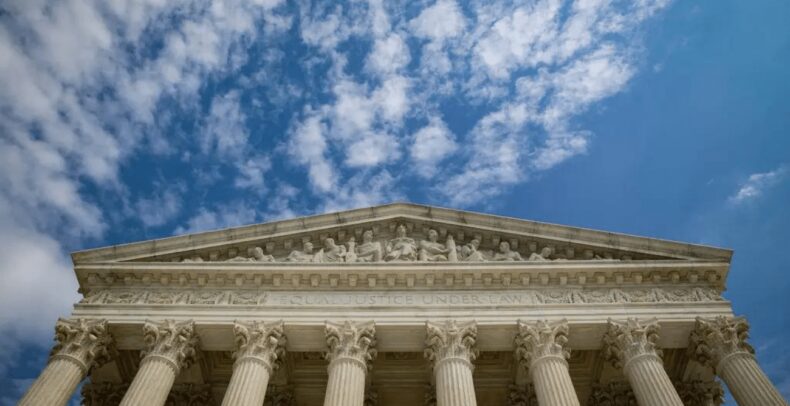Table of Contents
Google, Twitter, YouTube and other tech giants are in dangerous territory with their stakes very high.
With the resurgence of the era of data, the one thing that has made these companies as big, unique, successful as they are is attributed to their algorithms, and this very factor now stands threatened due to a recent decision of the U.S Supreme Court that has got people talking.

A lawsuit by former trans YouTube channel creator was filed accusing the platform of unfairly blocking their content while doing nothing much about the anti-LGBT slurs used.
Various activists working on gun control and human rights have also raised their concerns multiple times, accusing these companies of amplifying extremism and negativity which can easily infiltrate minds and cause terrorism.
A lot of hate speech groups use these platforms to propagate their extremist agendas and multiple parties have spoken out on this or tried suing the companies that provide them a platform.
However, their efforts have always gone to waste, the lawsuits scraped, and actions excused all owing to the one big jail break card that these companies hold-
The controversial Section 230
Section 230 was enacted as a part of the Communications Decency Act (1996) . This law has caused controversy ever since its creation, while some see it as a necessity and a medium of individualistic responsibility, others see it as a secondary murderer, as an excuse for platforms to get away with providing platforms to extremists , as something that frees huge multi millionaire organizations of accountability at the cost of harm caused to innocent civilians.
The infamous ruling of section 230 comes in 2 parts:
- 1: provides immunity from liability for ISPs in regards to third party content that has been posted by users of the platform.
- 2: gives ISPs and platforms the right to removal and moderation of content that they consider obscene, violent, extremist or objectionable.
The first part is the most scrutinized part of this law. For years hundreds of cases against these tech giants were brought up and never got to even reach court…until now.
Supreme Court to reconsider Section 230 for the first time in history.
U.S SC has decided to hear 2 cases that can change section 230 to enable accountability for service providers as well. These cases directly question Google and Twitter. The case of Gonzalez vs Google gets its hearing on 21st Feb, 2024 while the hearing for the case of Taamneh vs Twitter has been scheduled for 22nd Feb, 2024.
Gonzalez vs Google LLC

Among the 130 people killed at the 2015 ISIS attack which took place at Paris, was a single American, Nohemi Gonzalez (a 23 year old student at the time). Her family was extremely grieved by her loss and seeked legal action against YouTube’s parent company-Google.

They made the argument that due to YouTube’s algorithm that suggests and highlights user optimized content, ISIS recruits and extremist ideas had found a medium to spread hence making them partially responsible for their daughters death too.
Years back the family lost the case according to the ruling of a lower court. Google’s primary defence was section 230.
Taamneh vs Twitter , inc.

The Taamneh case is along similar lines as the Gonzalez case (hence the SC decision to consider both together). Jordanian citizen Nawras Alassaf had fallen victim to an ISIS attack in 2017 at Istanbul. His family went on to sue Twitter, Google and facebook for their failure at absolute eradication of terrorist content.
Are we going to lose the internet as we know it forever?
The affected civilians have been empathized with by many.
Their plight is fair, and nothing can ever compensate for the loss of their loved ones or the inflicted harm. Eminent Republican congresspeople are backing them up in their SC hearing including Ted Cruz and Mike Johnson.
However, while the concerns of the affected families and victims are extremely valid and deserving of attention , a fact that cannot be ignored is the insane amount of disruption the complete removal of recommendation systems might cost. Many other tech companies have provided their amicus curiae in Google’s support.
Today we live in an age where data is coined the most valuable resource of the world, placed even above oil. Algorithms use this data and give us content customized to us, be it shopping, videos or search engines.

This whole algorithm is what makes the internet the internet, it is what makes it so comfortable and so widely used – we don’t need to fit it, it fits us.
Moreover, section 230 also grants more freedom of content, more liberal thoughts, bigger new ideas to spread that could revolutionize the world for the better. In the book “Twenty Six words that created the internet” by Jeff Kosseff , the author strongly expresses how he believes that this very section is what gave us the internet that we have today.
No one can predict what follows now. Will the entire framework of the internet come to an end? Or will the SC side with the corporates in capitalistic nature and dismiss the pleas of the affected? The most we can do is hope for a middle ground.













